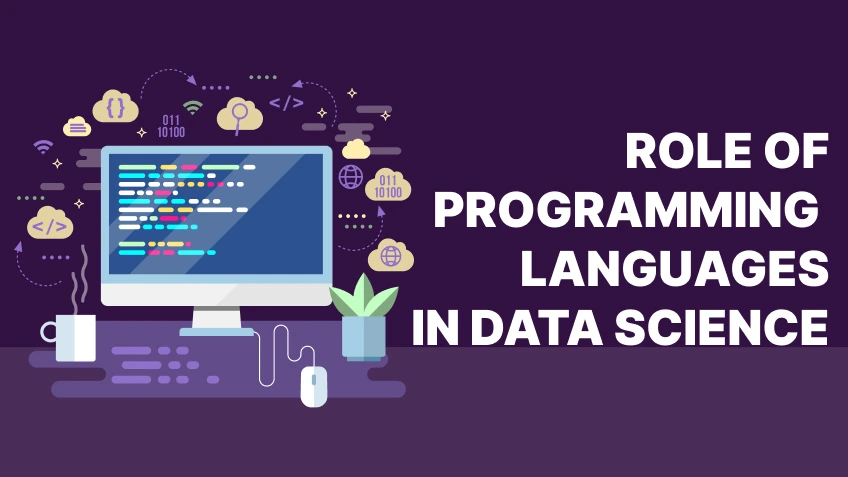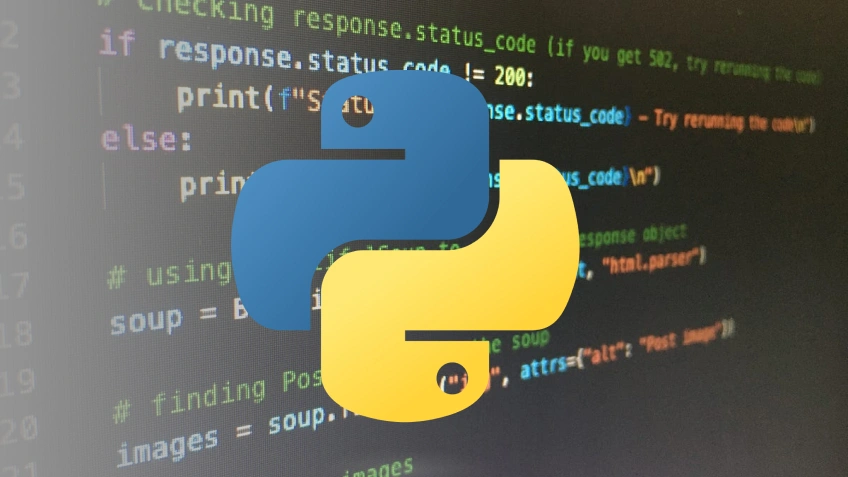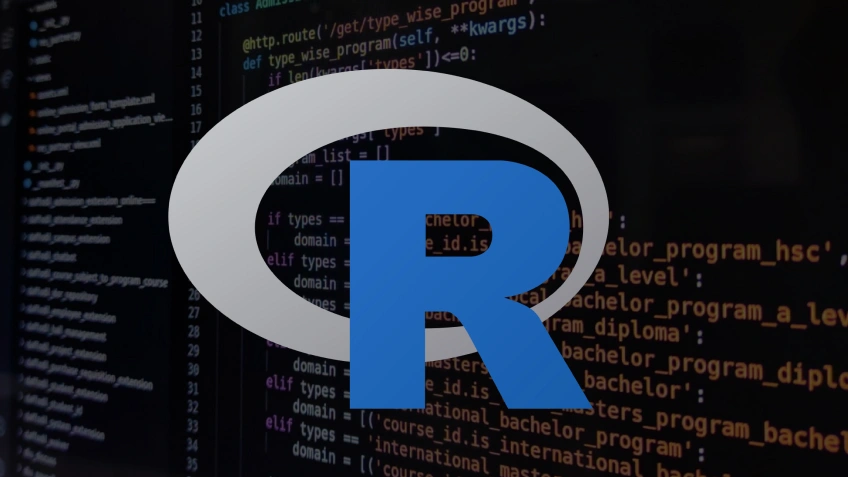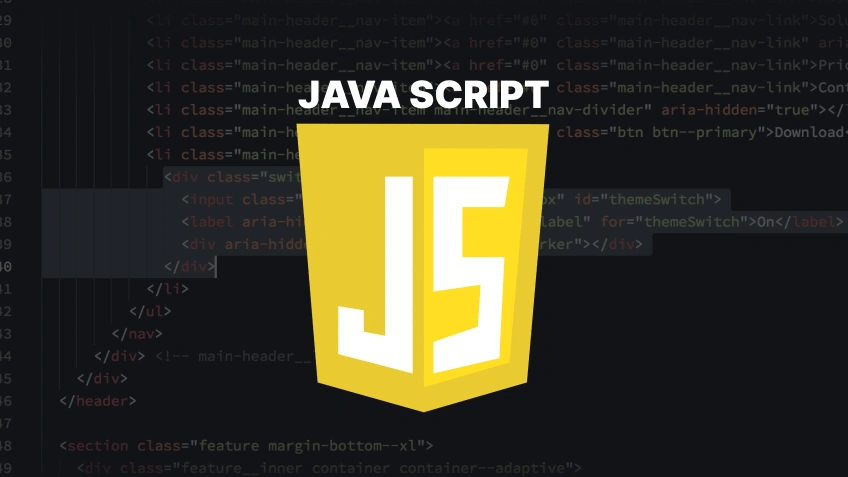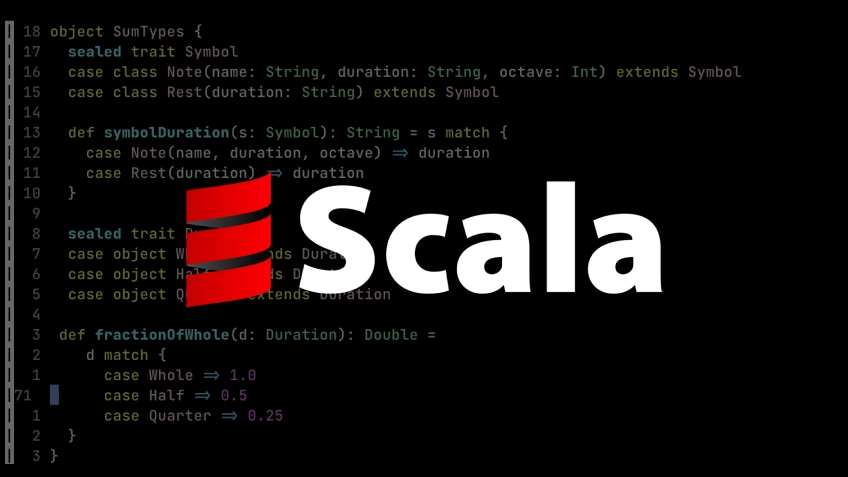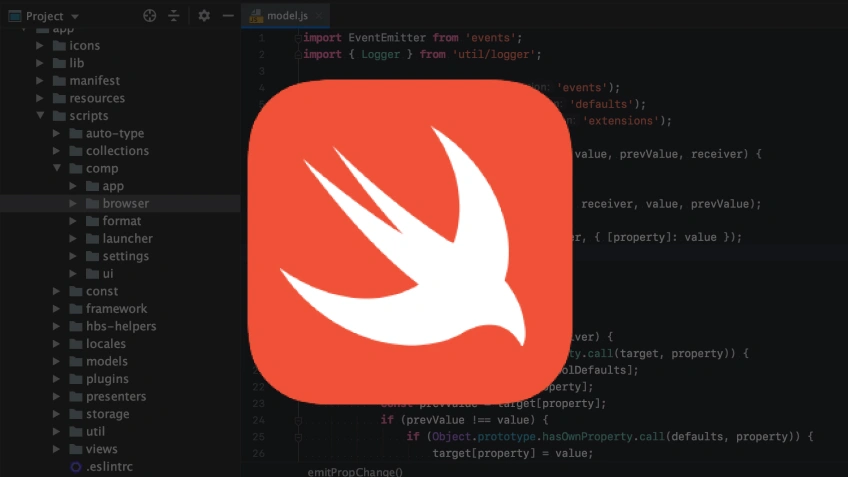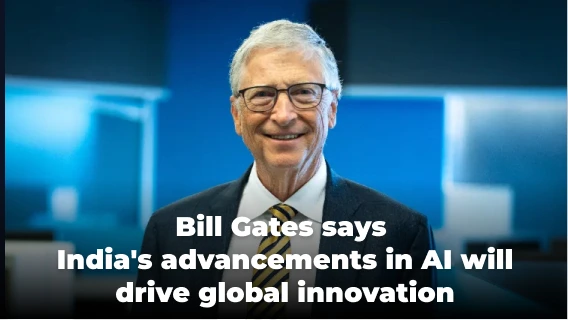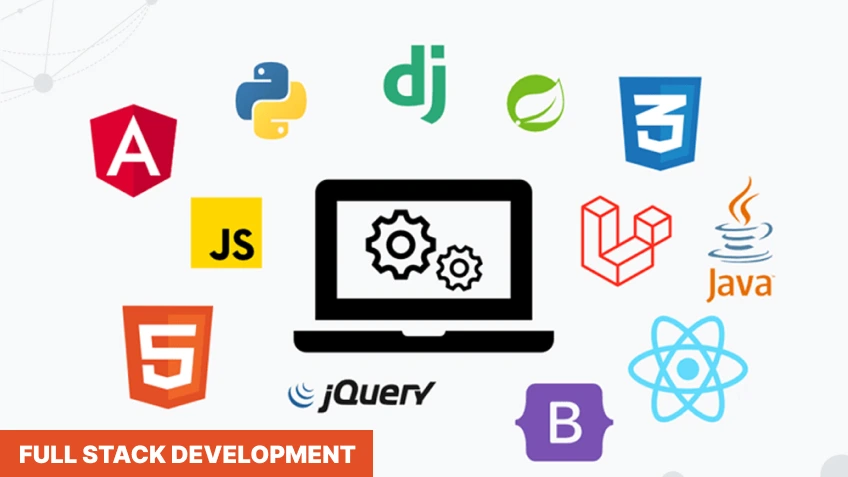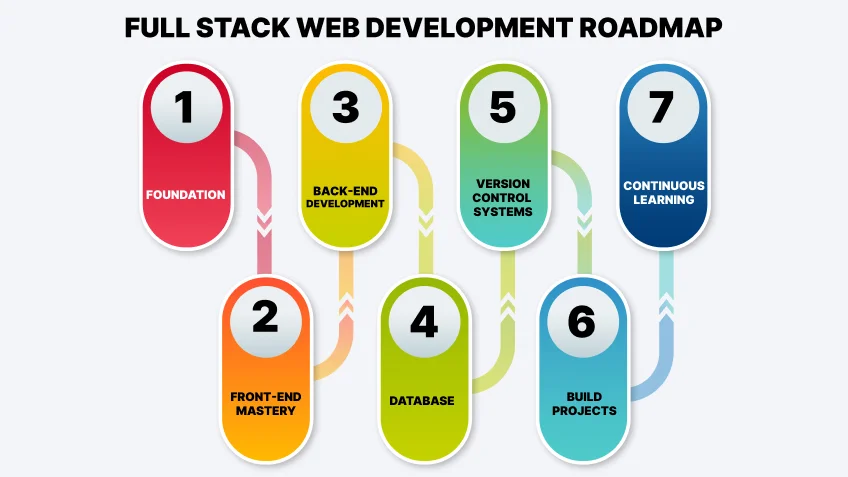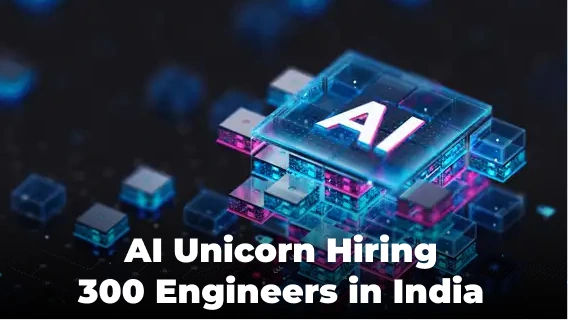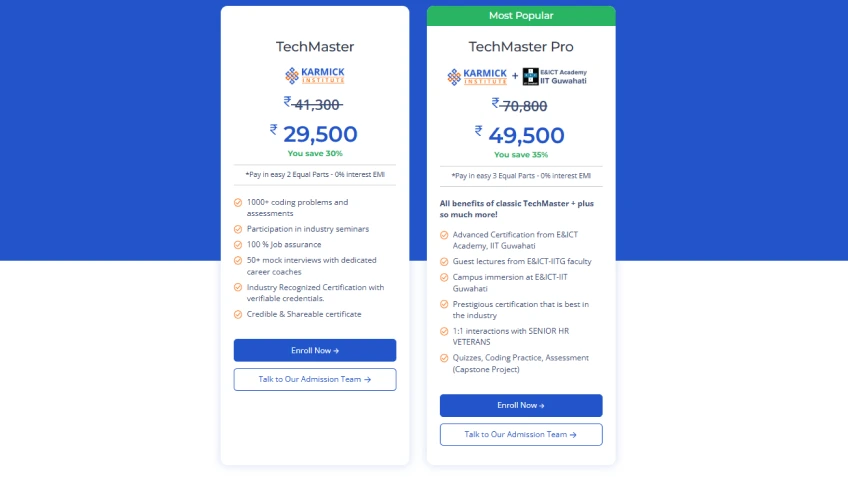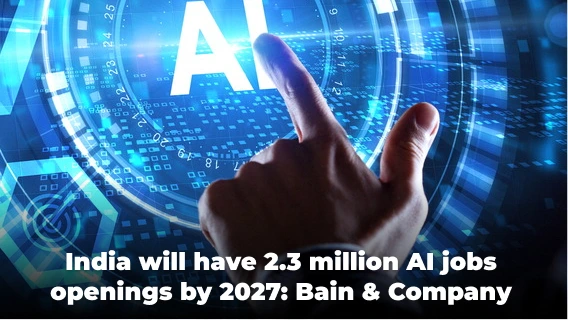Considering a career in data science but don’t know which data science programming language will be your winning hand in 2025? We are here to illuminate your path by revealing top data Science languages that will propel your career forward. Let’s dive in!
“Data is the new oil.” — Clive Humby.
Undoubtedly, data science is a booming field. In 2022, the BFSI (banking, financial services, and insurance) sector in India had more than 18,000 open positions for data scientists. This figure demonstrates the growing need for data expertise in the country.
Fueled by the soaring demand for data-driven insights, employers are actively recruiting experts with proficiency in the most powerful tools like Python, R, SQL, etc.
However, the data science domain is shifting constantly and the job market is becoming increasingly competitive. Here, your toolkit defines your potential and builds your data science career.
In this blog, we have unveiled the top 10 data science programming languages you need to break into this prospering field and stay relevant in 2025 and the years to come.
Data Science Programming Languages: Definition and Importance
Data science languages refer to specific programming languages that data scientists use to perform a wide range of tasks, from data analysis, and manipulation to modelling and more. Several institutes are offering data science courses in Kolkata, you need to choose according to your career goals.
Data science programming languages are essential tools that enable data scientists to interact with the data sets and extract meaningful insights from them.
The essential elements of data scientist languages are as follows:
| Data Science Programming Languages
(Common Examples) |
Purpose | Key Capabilities |
| Python, R, SQL, Java, Scala, JavaScript, Swift, Java, etc. | Enables data scientists to write instructions for computers to analyse, process, and visualise data. | Data Manipulation: Clean, transform, and organise data. Handles numerous data formats including JSON, CSV, etc. |
| Streamlines the development of algorithms for AI (artificial intelligence) and ML (machine learning). | Machine Learning: Developing and training machine learning algorithms and implementing deep learning models. | |
| Automate data-related tasks to make workflows more efficient. | Statistical Analysis: Carrying statistical tests and calculations and building statistical models. | |
| Data visualisation: Creating graphs, charts, and other visual representations of data. | ||
| Data interaction: Running queries and managing database. |
What is the Role of Programming Languages in Data Science?
Data science programming languages are fundamental to data science productivity. They enable data scientists to efficiently store, manipulate, and analyse data.
Machine learning, geospatial analysis, automation, and other data science domains require strong programming skills for tasks, ranging from data extraction to statistical analysis.
Specialised programming languages streamline this process which significantly boosts productivity. From initial data collection to final insights presentation; each requires a specialised set of coding proficiencies. The following points highlight the role of programming languages in data science.
- Clarifying the Objective: In this stage, goals are defined. This is a pre-coding stage where no programming is required. Here, it is about focusing on the problems and selecting the right tools.
- Data Acquisition: Essential for data profiling. SQL and NoSQL enable data scientists to extract data from both traditional databases and web-based sources.
- Data Cleaning: Raw data is messy. Python and R, along with tools like Trifacta are leveraged to clean and prepare the data.
- Data Analysis: Python for data science is popular but R and MATLAB provide libraries for statistical analysis.
- Data Visualisation: This is about presenting the findings in a visually appealing form. Here, Python libraries like Seaborn and Pandas are used to create informative charts and graphs.
Top 10 Data Science Programming Languages in 2025
When discussing the best data scientist programming languages, it is vital to understand the ‘top’ choice depends on the task and goals of the data science professional.
However, some programming languages have consistently stood out in the crowd due to their powerful libraries, versatility, and robust community support. Here is a list of top data science languages in 2025 and beyond.
1. Python
Python is an interpreted, high-level programming language widely known for its versatility, readability, and extensive libraries. Python is among the most used programming languages for data science. There are many reasons to learn Python including the best languages for data scientists.
Key Features of Python:
- Simple syntax, easy to understand and learn.
- Extensive libraries (NumPy, Pandas, sci-kit-learn, TensorFlow, Matplotlib).
- Versatile, widely used for automation, web development, and scripting.
- Compatible across different platforms.
- Active, large, and supportive community.
Applications in Data Science:
- Data cleaning and manipulation.
- Machine learning and deep learning.
- Statistical analysis and modelling.
- Data visualisation.
- Automation of data workflows.
Career Opportunities
- Data scientist.
- Machine learning engineer.
- AI researcher.
- Data analyst.
- Software engineer.
2. R
After Python, R is one of the most used programming languages for data science. It is a powerful and versatile tool for statistical computing and graphics. Data science and R programming are closely related as it is used for data visualisation and statistical modelling.
Key Features of R:
- Provides a wide range of statistical techniques including time-series analysis, linear and nonlinear modelling, classification, and clustering.
- ggplot2 and dplyr are popular R packages for visualisation and data manipulation.
- Creates high-quality graphs and charts.
- Seamlessly integrates with other programming languages like Python, C++, and Java.
- Large and active community.
Applications in Data Science:
- Learn R for data science to build insightful visualisations that easily communicate data patterns.
- R is widely used for financial modelling and risk analysis.
- Leveraged to perform complex statistical analysis like regression analysis and hypothesis testing.
- R packages are used to extract valuable information from large sets of data.
- R programming for data science is widely used for biological data analysis.
Career Opportunities:
- Data scientist.
- Data analyst.
- Financial analyst.
- Research scientist.
- Statistician.
3. SQL
SQL stands for structured query language. It is a domain-specific language used for creating, managing and manipulating relational databases. SQL is among the best languages for data science.
Key Features of SQL:
- Used in all data-driven applications.
- Essential for data warehousing.
- Data extraction and manipulation.
- Standardised language for database interaction.
- Performs complex queries efficiently.
Applications in Data Science:
- Data warehousing and ETL (Extract, Transform, Load) processes.
- Data extraction and manipulation from databases.
- Data profiling and exploration.
- Building data pipelines.
Career Opportunities:
- Data engineer.
- SQL developer.
- Database administrator.
- Data analyst.
- Business intelligence analyst.
4. Java
Java is another popular data science programming language used widely by data scientists. This programming language is versatile, object-oriented, and high-level that has been a cornerstone of software development for many years.
Key Features of Java:
- Java bytecode can run seamlessly across devices with a JVM (Java virtual machine).
- Enables modular design, code reuse, and easy maintenance.
- Robust memory management (garbage collection) and exception handling.
- Offers a vast library of pre-built classes and functions.
- Very large and active community.
- Built-in security features, make it suitable for secure applications.
Applications in Data Science:
- Java is used in frameworks like Apache Hadoop and Apache Spark for big data processing.
- Ideal for building data pipelines that can handle large volumes of data.
- Enables Java developers to work with machine learning tasks.
- Java is used for data applications that need a high level of security and stability.
Career Opportunities
- Big Data engineer.
- Java developer.
- Data engineer.
- Software developer/engineer.
- Quality Assurance (QA) Engineer.
- Back-End Developer.
5. JavaScript
JavaScript is the foundation of modern web development. This interpreted and high-level programming language is primarily used to add interactive and dynamic elements to web pages. This versatile language functions across client (browsers) and server (Node.js) environments.
Key Features of JavaScript:
- Handles multiple tasks simultaneously which improves performance.
- Used for front-end and back-end development, mobile applications, and much more.
- Responds quickly to user actions like keyword input, clicks, and mouse movements.
- Client-side execution enables quick user feedback and a more responsive experience.
- Dynamic typing offers flexible data manipulation.
Applications in Data Science:
- Libraries help to create dynamic and interactive data visualisation for web-based reports and dashboards.
- Used to create web applications that facilitate data analysis and display results.
- Can be used to collect data from websites and APIs.
- Allows running machine learning models directly in the browser.
Career Opportunities:
- Full stack data scientist.
- Data visualisation engineer.
- Front-end data scientist.
- JavaScript Engineer.
- Full-Stack Developer.
6. Julia
Julia is another popular programming language to learn for data science. It is a high-performance and high-level programming language specifically designed for computational science and numerical analysis. It offers the programmer-friendly experience of Python without sacrificing the high performance of C/Fortran.
Key Features of Julia:
- Versatility, rapidity, and expressiveness make it ideal for a range of applications.
- Multiple dispatch feature facilitates function behaviour to change based on the types of arguments passed.
- Makes it easy for scientists and mathematicians to express complex mathematical operations.
- Extensive libraries for various domains including data analysis, machine learning, visualisation, and scientific computing.
Applications in Data Science:
- Develops and deploys high-performing machine learning models.
- Provides ease of data analysis and statistical modelling.
- Creates sophisticated financial models and simulations.
- The high speed makes it useful for massive datasets.
Career Opportunities:
- Data scientist.
- Comutattional scientists.
- Software developer.
- Quantitative analyst.
7. Scala
Scala is a general-purpose programming language running on the JVM. It blends functional and object-oriented programming models. This programming language is scalable, concise, and expressive, making it suitable for a range of applications, from web development to big data processing.
Key Features of Scala:
- Supports all the core OOP (Object-Oriented Programming) principles like classes, objects, inheritance, and polymorphism.
- Ideal for writing concise and predictable code.
- Identifies errors at the compile stage.
- Provides powerful tools for multitasking which is essential for handling huge datasets and distributed systems.
- Efficiently handles large codebases and growing projects.
Applications in Data Science:
- Suitable for building high-performance data pipelines.
- Provides tools for data preprocessing, model training, and prediction.
- Ideal for building robust and efficient data engineering solutions.
- Used for real-time data processing.
Career Opportunities:
- Data engineer.
- Big data developer.
- Machine learning engineer.
- Software developer.
8. C++
C++ is one of the oldest and foundational programming languages. Developed in the early ’80s, this programming language is an extension of C that adds OOP capabilities.
Key Features of C++:
- Supports classes, objects, inheritance, and polymorphism.
- Its versatile function makes it ideal for a wide range of applications.
- STL (Standard Template Library) offers a rich set of data structures and algorithms.
- Maintains C’s efficiency when adding OOP features.
Applications in Data Science:
- In real-time processing or high-frequency trading, it is used to optimise code.
- Many data science libraries such as NumPy and TensorFlow, use C/C++ to run quickly.
- Used to build software that gathers and processes data in real-time.
Career Opportunities
- Data Science Infrastructure Engineer.
- Game Developer.
- Software Developer.
- Systems Programmer.
9. Swift
Swift is an intuitive and powerful programming language developed by Apple Inc. This programming language is fast, safe, and expressive which makes it ideal for a range of applications. It is increasingly used for data science and server-side development.
Key Features of Swift:
- Prevent common programming errors as it emphasises safety.
- High performance, often compared to compiled languages like C++.
- Easy to read and write code due to clean and concise syntax.
- Incorporates modern programming models.
Applications in Data Science:
- Integrates machine learning workflows, enabling high-performance model development.
- Suitable for numerical computing tasks which is vital for data science.
- Developing libraries that enable data visualisation within Swift.
- Developers can integrate machine learning models into their Swift applications.
Career Opportunities:
- Machine learning engineer.
- Data scientist.
- Server-side developer.
- iOS/macOS developer.
10. MATLAB
MATLAB or Matrix Laboratory is a high-level programming language widely used by scientists and engineers for data analysis, numerical computation, simulation, and algorithm development. Developed by MathWorks, this programming language is ideal for mathematical computations.
Key Features of MATLAB:
- Handling matrices and arrays simplifies complex mathematical computations.
- Offers a vast library of pre-built functions for various statistical, mathematical, and engineering tasks.
- Provides powerful tools to create 2D and 3D plots, graphs, and visualisations.
- Its interactive environment enables users to explore data, test algorithms, and visualise results in real time.
Applications in Data Science:
- Used for data analysis and visualisation, identifying patterns, and extracting insights.
- Provides tools for building and implementing machine learning algorithms.
- Used for process and analysis of images and signals.
- Performs statistical analysis, regression analysis, and hypothesis testing.
- Used for financial data analysis and building financial models.
Career Opportunities:
- Data analyst.
- Financial analyst.
- Data scientist.
- Control system engineers.
- Image and signal processing engineers.
Endnote
So, this was our handpicked list of top data science languages in 2025. While these programming languages build a strong foundation, the ‘best’ choice depends on your career goals, interests, and skills.
With a growing demand for data scientists, investing in any of the above language proficiency can elevate your career.
Whether you are embarking on a data science career journey or a seasoned professional, make sure you stay abreast with the latest developments in the field.
Remember!
“The best way to learn data science is to do data science”–Chanin Nantasenamat
So, don’t get left behind, start learning today.
Enrol in full stack data science course in Kolkata with AI & ML and become a highly sought-after expert who commands high salaries in a top-tiered tech company.
FAQs
What is the best programming language for beginners in data science?
Python for data science is widely recommended. Due to its simplicity, extensive libraries, and large community support, Python is easy to learn, and apply and is among the most used programming languages for data science.
Should I learn Python or Java first?
For data science, Python is more preferred and widely used than Java. Due to ease of use and data-centric libraries, Python for data science is preferred whereas Java is leveraged for more general purposes. Python program is the best way to learn Python for data science.
How long does it take to become proficient in data science?
Acquiring proficiency in data science can take a few weeks to several months, depending on your coding skills, dedication, and practice.
Can a non-technical person become a data scientist?
Yes, with solid understanding and practical projects, even a non-technical person can learn data science programming and analytical skills.
How long does it take to become proficient in a data science programming language?
A basic understanding of data science programming languages can be acquired in a few months. However, mastering data science programming languages requires consistent practice and hands-on experience.
Why is coding required in data science?
Yes, coding allows data analysis, manipulation, and automation. These tasks are crucial for extracting valuable insights and building models from data sets.
Which programming languages are essential for big data projects?
Python, Java, and Scala are widely used for big data projects. These along with R is one of the best programming languages for data science.
Can I transition to data science if I come from a non-technical background?
Yes, through dedicated learning and a practical-focussed full stack data science course with AI & ML, you can transit into this field. You need to build a strong foundation in statistics and programming for data science.
Which programming language is ideal for data science: Python or R?
Although both programming languages are considered ideal, Python for data science is mostly favoured due to its broader applications and versatility. As far as data science R language is concerned, it excels in statistical analysis and visualisation.
How many programming languages should I learn for data science?
Python for data science is a great starting point. Additionally, learning R and SQL can enhance your capabilities.
Read more blogs:

